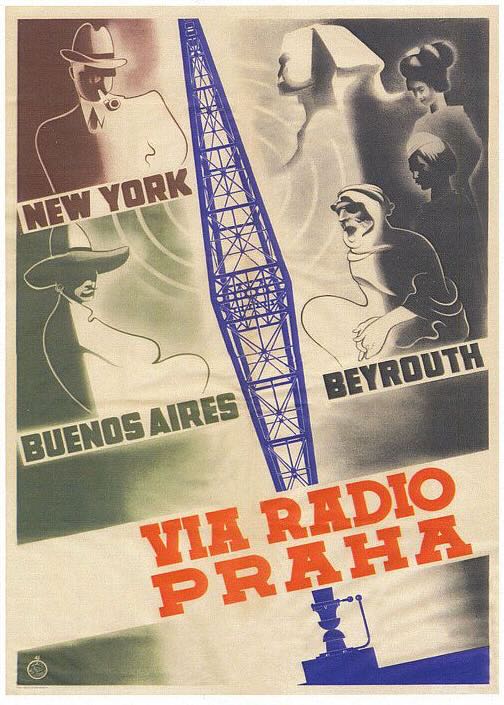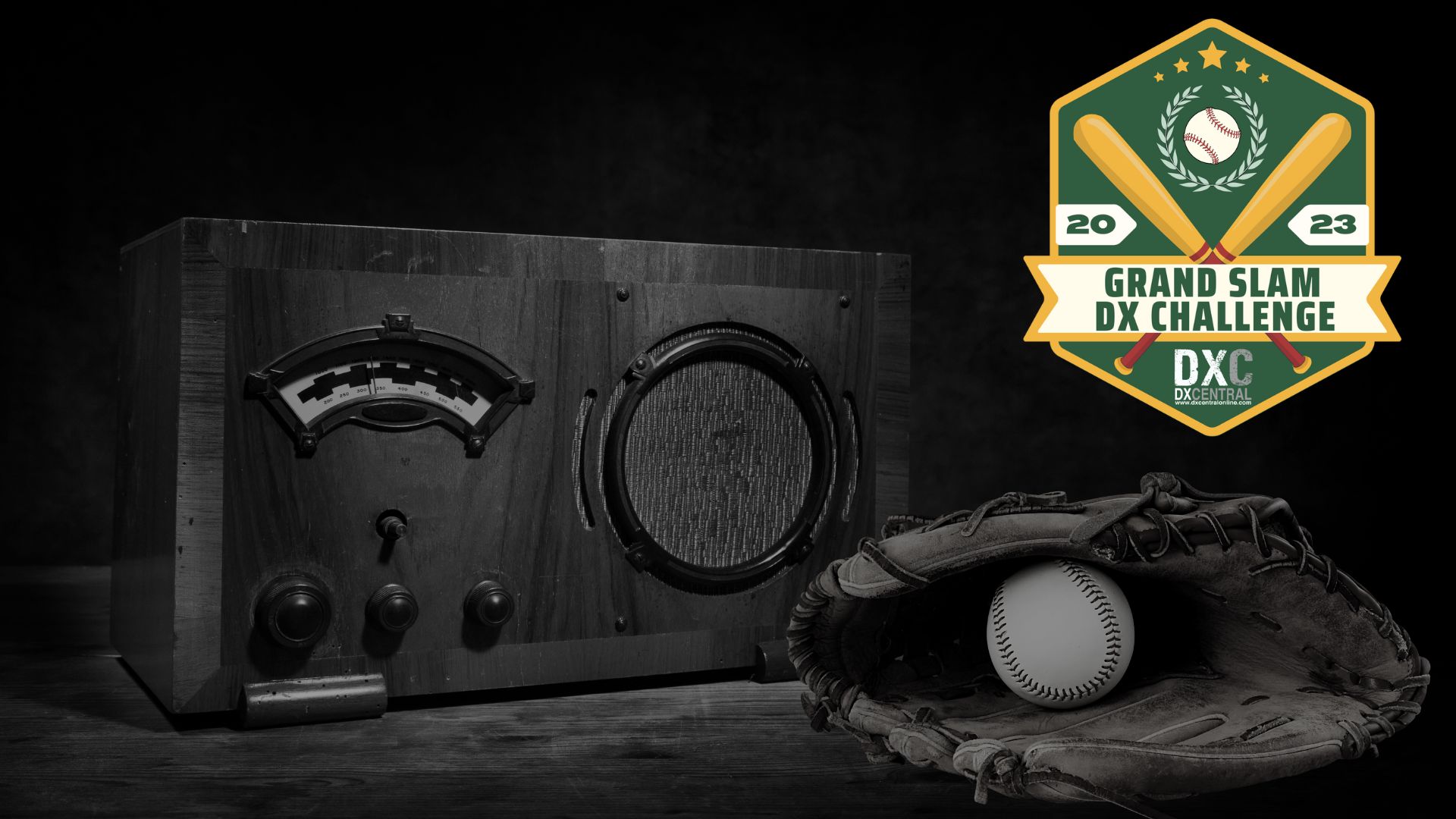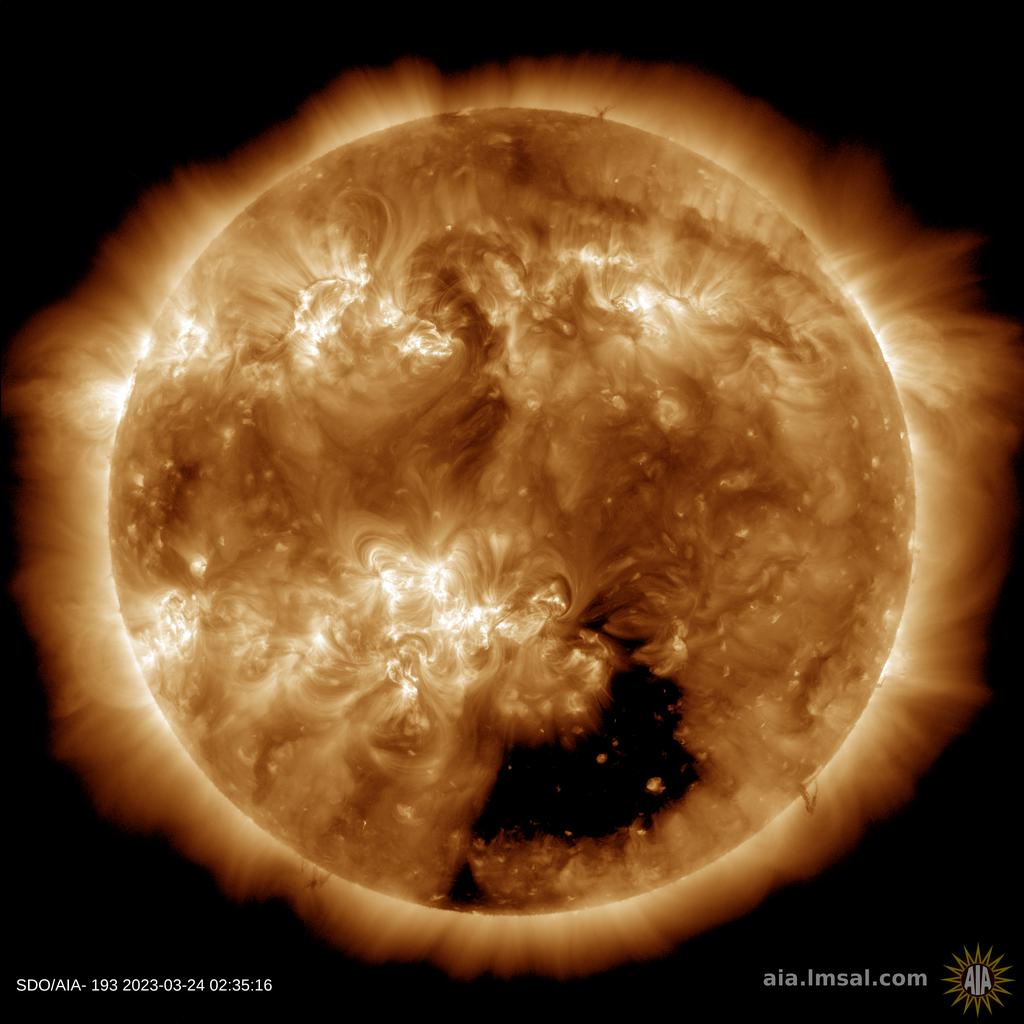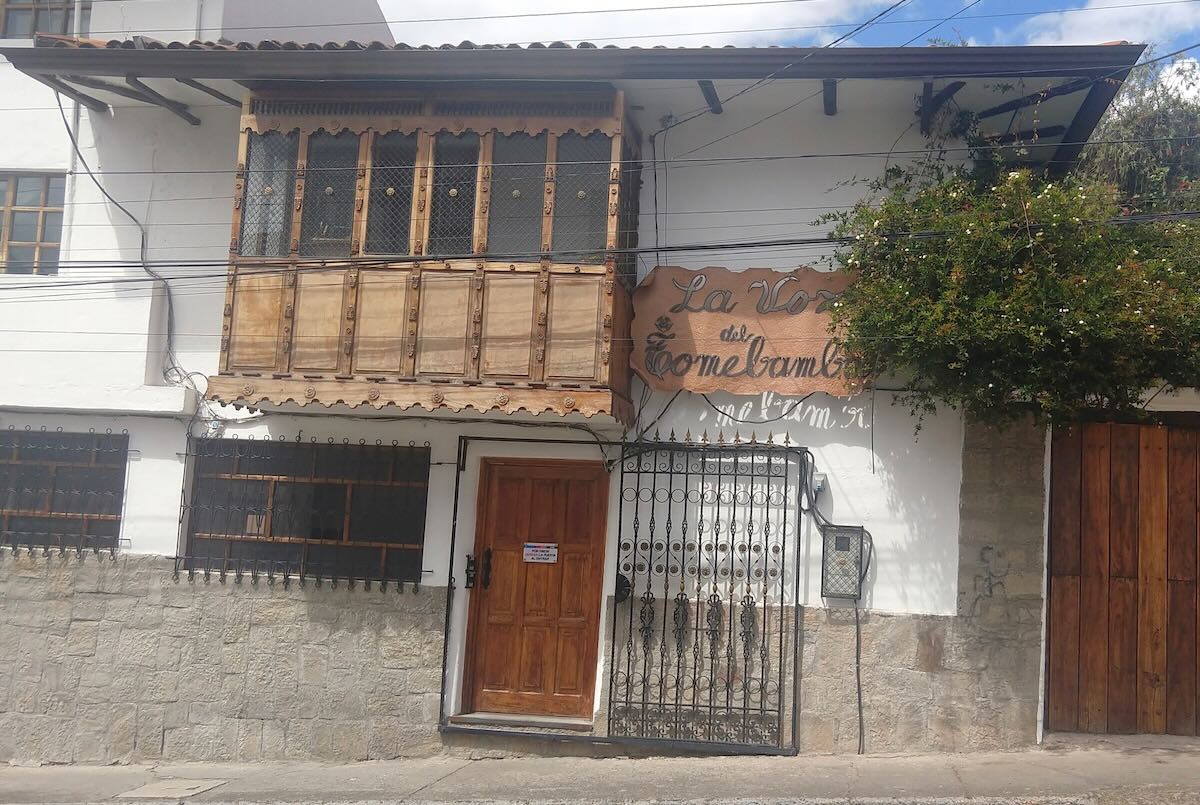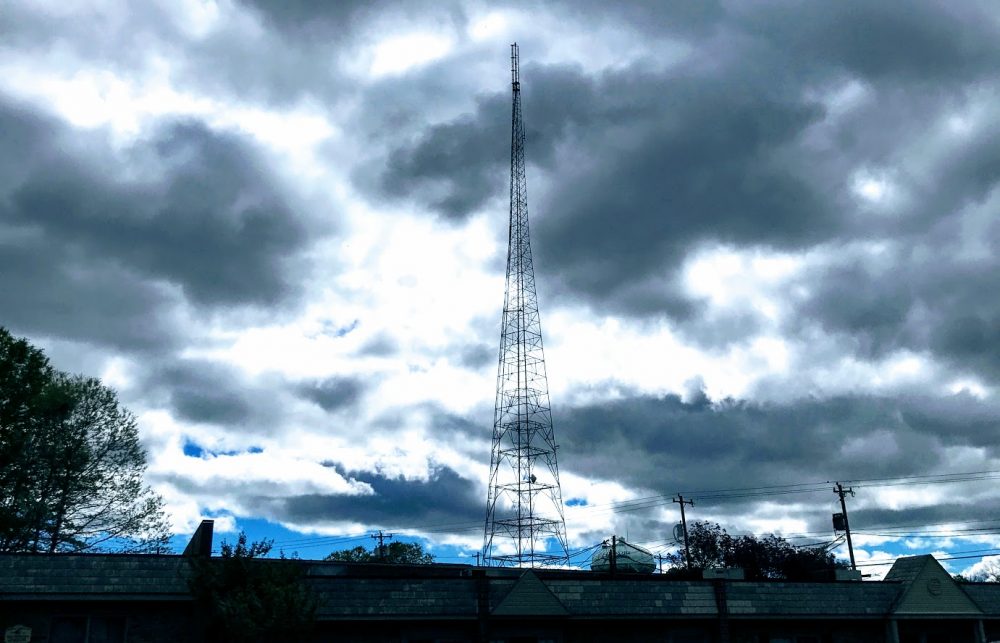Radio Waves: Stories Making Waves in the World of Radio
Welcome to the SWLing Post’s Radio Waves, a collection of links to interesting stories making waves in the world of radio. Enjoy!
Many thanks to SWLing Post contributors Dennis Dura, Dave Porter, and David Iurescia for the following tips:
NASBA on Loss of AM in Cars: “1,300 AM Stations Could Be Left in the Dark” (Radio World)
State association questionnaire finds one in three AM stations have no FM translator
The National Alliance of State Broadcasters Association (NASBA) is reporting insights it discovered after polling AM stations about the removal of over-the-air AM in new cars.
The data collected from more than 1,000 AM stations shows that many do not have an FM translator and/or do not stream their signals over internet connections, NASBA says. The group is hoping to use the information to rally proponents of AM to help convince companies like Ford, Mazda, BMW and others to keep reception of AM in their new vehicles.
NASBA says the automakers “are cutting corners on expensive new electric vehicles” by eliminating AM radios, which means more than 4,000 AM stations in the United States are at risk. But its survey results show that AM radio across the country provides a diverse mix of music and talk and is a vital link for millions of listeners. [Continue reading…]
Letter: AM’s Downfall Is Poor Programming, Not Audio Quality (Radio World)
“It was the music without the spots, that made FM,” says a reader
The comments written by Dave Bialik in the latest Radio World hits the nail right on the head. The average person, which is about 95% of the population, couldn’t care less about audio fidelity. The days of “audiophiles” are gone. The downturn of AM listenership is almost exclusively due to poor programming, poor content. Yes, FM in its early days was mostly easy listening, beautiful music and classical music. It catered to the audiophiles, and had a very limited audience even though it sounded great and in 1963 by offering multiplex stereo.
Once a few of the FM guys realized people were fed up with the 45 minute commercial breaks on AM stations with popular music, the format was adopted on FM, but with none or few commercials (because no one wanted to advertise on FM). Once people found out they could get the rock and pop music on FM without all the talk, the band switch started taking place. It had nothing to do with audio — remember at this time people were buying 8-track tapes by the millions and they were technically several steps below AM radio. It was the music without the spots, that made FM. Once that happened, most of the large and middle market stations threw all of their eggs into the FM basket and put something on the AM just to hold the license.
I once worked for an AM station owned by one of the large groups. In its heyday, in the 50’s–70’s, it was THE top 40 station. In a market of 40 stations, it had a 60 share. Once the group owners bought a big FM signal, they blew the AM away and loaded it with satellite talk. After a few years, that 60 share was .5 — yes point 5. After a few years of this, and it becoming unsellable, one of the staff suggested to management that they should go back to a music format playing the hits of the 50’s and 60’s (this was in 2002). [Continue reading…]
BBC sues over fire that left one million licence fee payers without TV (The Telegraph via MSN)
The BBC is suing the owner of a huge telecoms mast that burnt down almost two years ago, leaving more than one million households without TV or radio services.
A blaze destroyed the Bilsdale transmitter on the North York Moors in August 2021, sparking chaos across the region.
More than one million homes in North Yorkshire, Teesside and County Durham were unable to access FM radio or Freeview, with many disconnected for months.
The BBC has now filed a lawsuit against Arqiva, the company which owns the mast, saying it has failed to fully restore services more than 18 months later.
The public service broadcaster has accused the infrastructure group of breach of contract and is seeking tens of millions of pounds in damages. [Continue reading…]
A hundred years is just the beginning. Czech Radio celebrates its centennial (Czech Radio)
Czech Radio celebrates a significant anniversary this year. 18 May 2023 marks exactly 100 years since the start of regular radio broadcasting in the Czech Republic, then Czechoslovakia, when the private company Radiojournal began broadcasting from a humble scout tent in Prague’s Kbely.
For the occasion of its monumental jubilee, Czech Radio has prepared a rich programme for the public, new broadcasting highlights and a unique exhibition at the National Technical Museum. Celebrations throughout the year will illustrate the remarkable journey of the most trusted public service media in the Czech Republic.
“Czech Radio will celebrate the 100th anniversary of the start of regular broadcasting. It is an honour for me to be at the helm of this public institution at a time when we are recapitulating important past moments, revisiting our history and remembering outstanding radio personalities. But this extraordinary anniversary is also an opportunity for us to show that 100 years of radio broadcasting is only the beginning. We are ready to launch the next century of our existence with new programming projects and technological innovations. The entire project of our anniversary celebrations aims to support the position of Czech Radio on the media market and also to show that it is an important partner for other institutions. I believe that with an imaginative programme we will not only delight current listeners, but also attract new ones,” said René Zavoral, Director General.
The celebrations will officially commence on 10 March with a formal ball at the Municipal House in Prague, where the Czech Radio Symphony Orchestra, the Gustav Brom Radio Big Band and musical guests Ewa Farna, Mirai, Dara Rolins and No Name will perform.
On the day of its 100th birthday, Czech Radio will hold a grand concert in the Riegrovy Sady park for listeners and the general public. The concert will include performances by the band Chinaski, as well as musicians Aneta Langerová, Mirai Navrátil and Marek Ztracený, who will be the first performer broadcast on Czech Radio in its second century of existence. [Continue reading…]
Do you enjoy the SWLing Post?
Please consider supporting us via Patreon or our Coffee Fund!
Your support makes articles like this one possible. Thank you!

